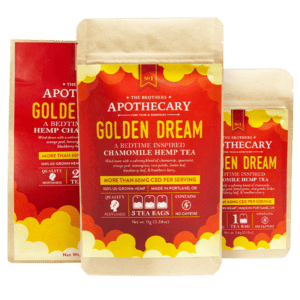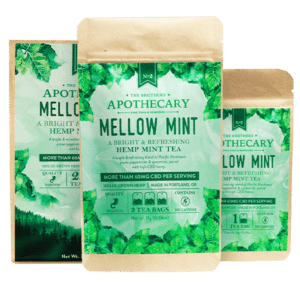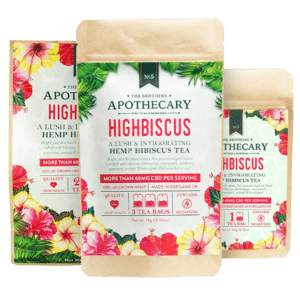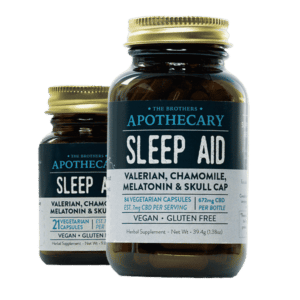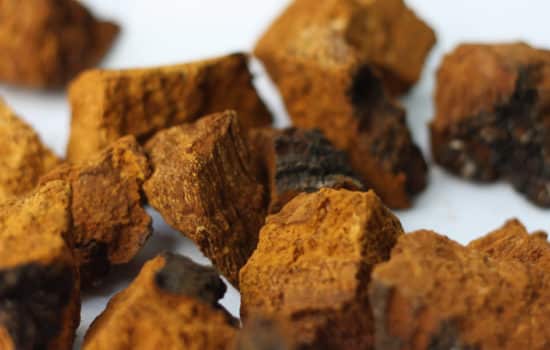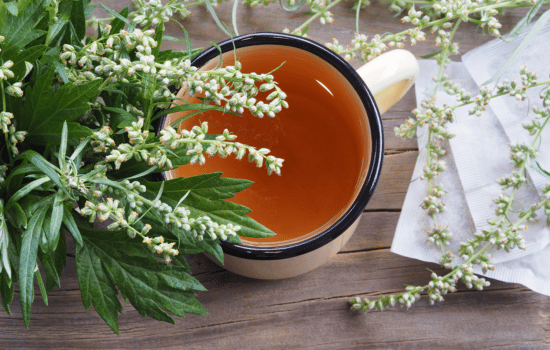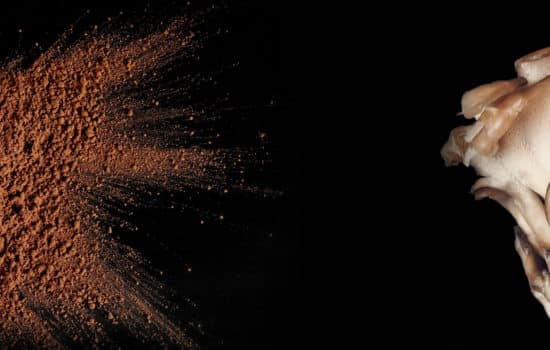If you’ve ever experienced sore muscles or muscle fatigue a few days after a workout, you’re familiar with DOMS (delayed onset muscle soreness).
While sore muscles are a sign that your muscle groups are recovering and becoming stronger, navigating those days of discomfort post-workout can feel like a chore.
The good news is, there are several ways to support your muscle fibers during post-workout recovery, including incorporating CBD into your routine before your next training session.
How Long Do Muscles Need To Recover?
After exercising, muscles typically need between one to three days to recover. However, if you complete a particularly intense workout, your muscle tissues may need even longer until they feel normal.
What Does the Process Entail?
The muscle recovery process brings a number of your body’s mechanisms into play.
During exercise, you expose your muscles to stress that causes tiny tears in your muscles. After the workout, your immune system becomes aware of the muscle damage and begins repairing it. This process can involve a period of muscle swelling, resulting in the uncomfortable sensation that accompanies DOMS.
Our hormones also play a role in athlete recovery. The production of the insulin growth factor can help support healthy muscle growth. At the same time, high levels of the stress hormone cortisol can shift attention away from the muscles in need, hindering the recovery process.
While the recovery process isn’t always enjoyable, it allows your muscles to grow over time. When micro-damages are healed, the muscles can become larger and stronger, and your stamina will increase, allowing you to progress and take on your next challenge.
How Can I Help My Muscles Recover?
There are many ways you can help your muscles recover post-workout. Let’s discuss some of the most common, yet helpful ways to recover.
Rest
We know that sometimes when you find your groove with an exercise routine, it can be hard to press pause, but don’t snub your rest days! Your muscles need a break from the stress, especially during the repair.
By taking rest days, you avoid overworking your muscles and lower your chance of injury during exercise. As counterintuitive as it may feel, taking a few days off is what helps your muscles grow stronger, as you are giving them the time needed to do so.
It is also essential to get enough sleep the night after an intense workout.
Your brain requires less energy when you sleep, which means it can focus more energy on muscle recovery. Typically, the immune system can do its best work during resting hours.
Our hormone levels also shift when we sleep, with cortisol decreasing and the production of the insulin growth factor increasing, both of which can support muscle recovery. The better you sleep after a workout, the better your body can focus on recovery, and the faster you get back to your workout routine.
Proper Hydration
Water makes up most of our body weight, so it’s no wonder that it plays such a vital role in our well-being. Water improves blood flow, aids in digestion, protects the spinal cord, supports brain function, and more.
Dehydration can also negatively affect your muscles and increase soreness during muscle recovery. So make sure you have your water bottle on hand when leaving the gym or getting home from that run!
After losing water through sweat during an intense workout, rehydrating with fluids shortly after and staying hydrated with cold water throughout the day will keep your body running smoothly.
Proper Nutrition
When it comes to your post-workout snack, it’s best to go for something packed with protein and carbs. Why? Because your muscles use up their glycogen stores during exercise, muscle protein is broken down to serve as a backup form of energy. The more muscle protein that breaks down during and after exercise, the longer the muscle repair process will take.
Luckily, you can easily replenish glycogen levels through carbohydrate intake, and the addition of protein can increase the rate of glycogen storage even further. Ideally, you should have your snack or meal within a few hours of finishing a workout to help your body recharge.
It is also worth noting that consuming fats does not diminish the recovery process! While fats may increase the time it takes for the body to absorb proteins and carbs, it will not negate their benefits, so you shouldn’t feel like you need to avoid fats after working out.
A few of our favorite post-workout snacks to support recovery include:
- A whey protein smoothie bowl
- Organic nut butter on toast
- An egg and avocado sandwich
- Easy honey granola
You can even level up any of these snacks by adding a few CBD oil drops.
How Does CBD Factor Into Muscle Recovery?
CBD can support the recovery process by partnering with naturally-produced endocannabinoids in the immune system and beyond.
Topicals for Localized Discomfort
If muscle soreness and discomfort are getting in the way of your rest days, a CBD topical may be your new best friend.
A topical CBD like the Pain Away Roller can provide fast relief when applied directly to sore muscles. The CBD can partner with endocannabinoids at cannabinoid receptors in the muscles and connective tissue to help ease discomfort when absorbed into the skin.
Edibles for Generalized Discomfort
While topicals are great for a specific source of discomfort, if you are experiencing post-workout discomfort, well, everywhere, an edible CBD can help. Once absorbed into the bloodstream, CBD can ease tension throughout the body during active recovery.
We recommend a CBD protein powder such as the Magickal Mushroom Superfood to promote full-body wellness after a challenging workout.
Is It Okay To Work Out if My Muscles Are Still Sore?
It is essential to listen to your body when deciding how to move during muscle recovery. If your muscles are only slightly sore, a light workout such as stretching, walking, or swimming should be fine and may even help with recovery.
You don’t want to overdo it, though, as working out too intensely while your muscles are still undergoing repairs can disrupt the recovery process and make you more prone to injury.
With that in mind, if you are experiencing more severe muscle soreness, it is best to take it easy rather than jumping into your next workout. You can also try an exercise that focuses on a different set of muscles than those in recovery.
How Do I Know When My Muscles Have Recovered?
You’ll know the muscle recovery process is complete when the soreness has diminished, and you are feeling back to normal. This means that the micro-damages have healed, and because this healing process leads to muscle growth, your muscles are equipped to take on a new challenge! From there, the cycle will start anew.
The Bottom Line
Recovery is necessary to build muscle mass and stamina after a workout. Resting, refueling your energy with nutrients and water, and using CBD can all aid in muscle recovery so you can show up to your next workout stronger and readier than ever.
Ready to up your recovery game with CBD? Check out our wide array of organic CBD products at The Brothers Apothecary!
Sources
Carbohydrates, Proteins, Fats, and Blood Sugar | University of Michigan Health
Jesse Richardson is the co-founder of The Brothers Apothecary. He's an avid tea drinker and the primary creator behind The Brothers' products. An undergraduate of UCLA for Political Science, Jesse currently studies Medicinal Plants at Cornell University and The International School of Herbal Arts & Sciences.



